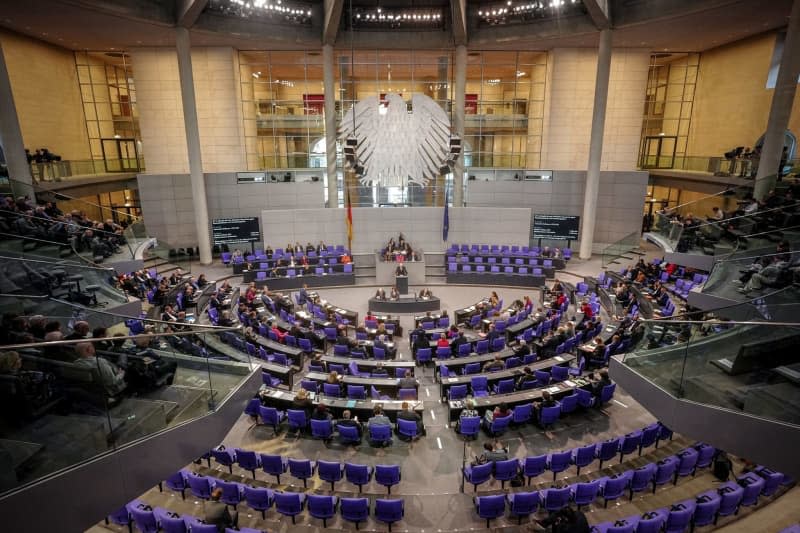Germany's Bundestag eases foreigners' path to citizenship

- Oops!Something went wrong.Please try again later.
Germany's Bundestag or lower house of parliament on Friday approved legislation making it easier and quicker for foreigners living in the country to become citizens.
The legislation - passed with the votes of the Social Democrats (SPD), Greens and Free Democrats (FDP) of SPD Chancellor Olaf Scholz's coalition government - means that people can apply for citizenship after living in Germany for five years against eight years previously.
If an applicant can demonstrate "special integration achievements" by way of a particularly good performance at school or work or civic engagement, naturalization is possible in some cases after only three years.
One key to the new rule is that people who obtain their German citizenship will not have to give up the citizenship from their native country. This is already true for EU residents of Germany who want German citizenship, but it was not true, until now, for others.
SPD deputy Gülistan Yüksel stressed that society needs the more than 10 million people who live in Germany permanently without German citizenship.
“More than half of them have been living in Germany for over a decade. They contribute to our prosperity. They work and pay taxes. They are committed and are part of our civil society. They are our neighbours and friends," she added.
The conservative opposition Christian Democratic Union (CDU) and its Bavarian sister party, the Christian Social Union (CSU) voted against the changes, as did the far-right Alternative for Germany (AfD).

